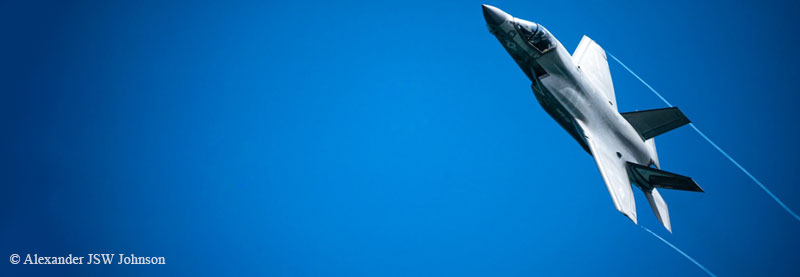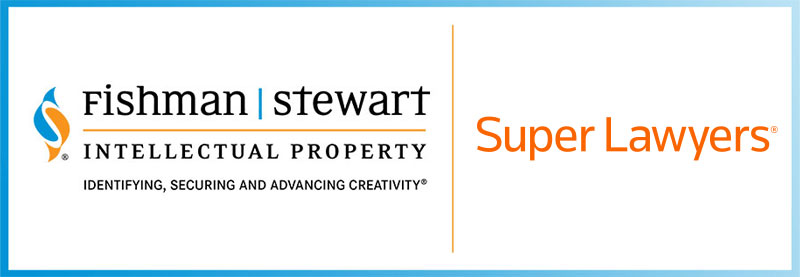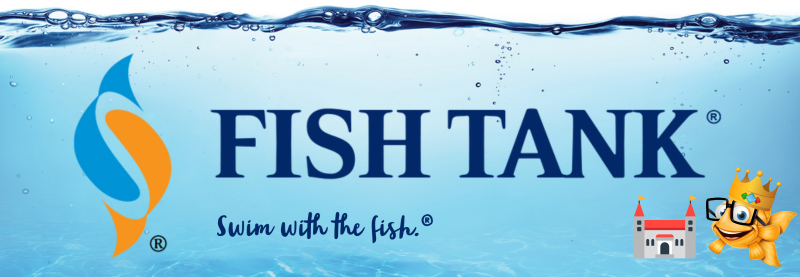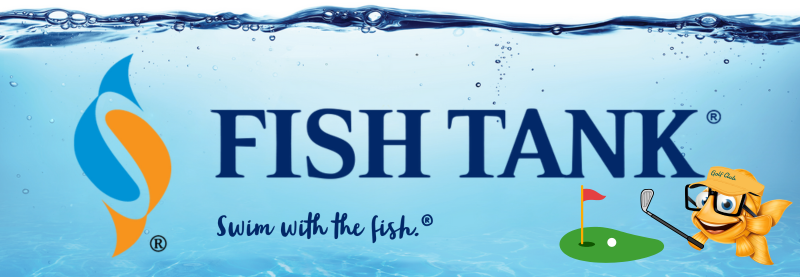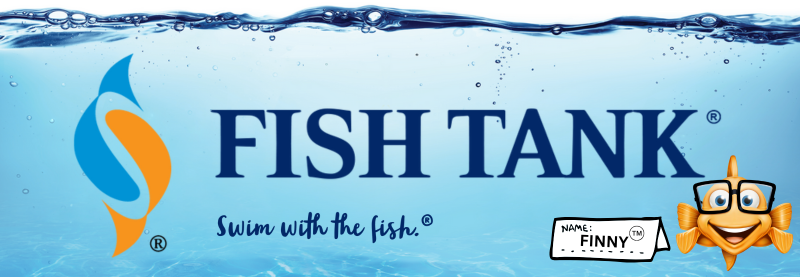Intellectual Property Insights from Fishman Stewart PLLC
Newsletter – Volume 24, Issue 19
Share on Social
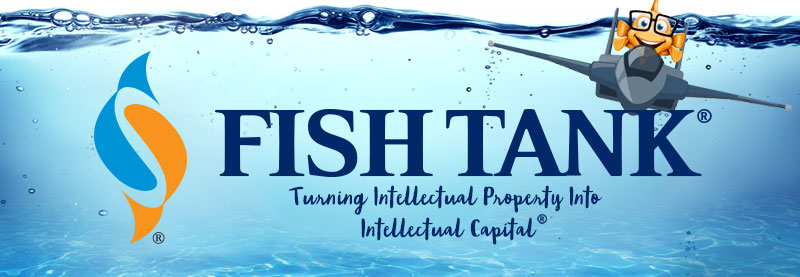
Enough Use to Stay Airborne
In Chicago last weekend, the Chicago Air and Water Show entertained thousands of lakeshore spectators with the aerial prowess of a series of aircraft including the Blue Angels, F-35s, supersonic jets, and other airplanes.
The thunderous sound of jets overhead could be heard throughout the city for four days: practice runs Thursday and Friday, and the full show on Saturday and Sunday.
While the Chicago Air and Water Show is not a registered U.S. trademark, it has sufficient use to support registration (other criteria of course would apply).
That’s right, a single, two-day show once a year is enough use to support a trademark registration.
Sometimes.
The U.S. requires that a trademark have “use in commerce” to register. Initially to obtain registration, the volume can be quite low—even two hats sold is enough. After a mark has already registered, however, the use in commerce necessary to avoid abandonment will usually be higher. This volume of “use” needed will depend on whether it is “bona fide use of a mark in the ordinary course of trade, and not made merely to reserve a right.”
Sufficient use, then, to preserve trademark rights varies based on the products or services associated with the trademark.
Take the F-35 fighter jet as shown in the photo above from the Chicago Air and Water Show. Lockheed Martin owns a trademark registration for F-35, and it has sold about 1,000 jets since it first used the mark in 2009. In the course of the trade for military fighter jets, it is likely reasonable that even a handful sold per year could be bona fide use.
As for shows like the Chicago Air and Water Show itself, it would be bona fide for such an event to only provide its entertainment services once a year—that is ordinary to its course of trade. Music festivals, film award shows, and other similar events would have similar use frequency be considered sufficient.
Trademarks for more “ordinary” products and services would likely require more volume of use to maintain trademark registrations. For example, a registration for the mark CS for stereo amplifiers was cancelled for abandonment after its sales fell to single digit units per year for a stretch of five years.
As the Federal Circuit Court of Appeals once said, the trademark laws are not intended “to provide a warehouse for unused marks.” But what use it takes to avoid abandonment will be specific to the particular products and services.
Whether it’s a jet booming overhead, or the booming stereo system at a music festival, each trademark’s area of trade must be uniquely considered.
Alexander JSW Johnson is an attorney at Fishman Stewart with more than 10 years of extensive experience in trademark and intellectual property matters. He works in the firm’s Trademark Practice Group. He is a hobbyist photographer and took the photograph of the F-35 shown above.
Fishman Stewart’s 2024 “Super Lawyers”
- Michael D. Fishman: Intellectual Property (2006–2013; 2015–2024)
- Michael B. Stewart: Intellectual Property (2008–2024)
- John P. Guenther: Intellectual Property (2018–2024)
- Barbara L. Mandell: Intellectual Property Litigation (2016–2024)
- Michelle L. Visser: Intellectual Property (2021–2024)
Partner Kameron F. Bonner has again been named a Rising Star in Intellectual Property, his eighth time on the list (2017–2024).
Please join us in congratulating our colleagues.

Related Content from Fishman Stewart
Despite her pseudo-legal background in Suits, Meghan has been running into one issue after another in her efforts to register the trademark and logo for her new lifestyle company, for now, called “AS EVER”.
By 1930, efforts began in New York to replace Mother's Day with Parent's Day because men were more than just breadwinners. Those efforts didn't catch on, probably because in that era, women often spent more time in the home.
In February, Nike and Skims announced that they will be working together on a new brand, NikeSkims. The co-brand will create a new line of training apparel, footwear, and accessories specifically designed to meet the unique needs of women athletes.
Generally, federal courts have exclusive jurisdiction over copyright cases, and often, this presents an insurmountable paywall for individual artists and small businesses to vindicate their rights, especially where the value of the individual copyrighted works are relatively low.
Dedicated to raising public awareness about the importance of encouraging innovation and creativity throughout the world, the World Intellectual Property Organization (WIPO) annually observes World Intellectual Property Day on April 26 to showcase the role that patents, trademarks, industrial designs, copyrights and trade secrets play in our everyday lives.
Hold onto your foam fingers, sports fans – college sports just got a whole lot more interesting! The latest updates to Name, Image, and Likeness (NIL) rules are making student-athletes bigger than ever, and it’s not just about the game anymore.
Did a federal court in Louisiana recently decide that US copyrights are global rights? It seems so.
L.A.B. Golf aims to protect its innovations, and therefore its market position, owning three patents for its zero-torque design. The question now is whether L.A.B. Golf can withstand the wave of copycat designs.
One of his most famous songs, “Lose Yourself” was recently at the center of a lawsuit. In 2019, Eminem’s publishing company Eight Mile Style sued Spotify claiming that Spotify streamed a number of its musical compositions without proper licenses.
Our latest article tackles three common trademark questions: 1. Can I trademark my own name? 2. Can I trademark the name of a fictional character? 3. Can I trademark the name of a U.S. president or British royal?
IDENTIFYING, SECURING AND ADVANCING CREATIVITY®


